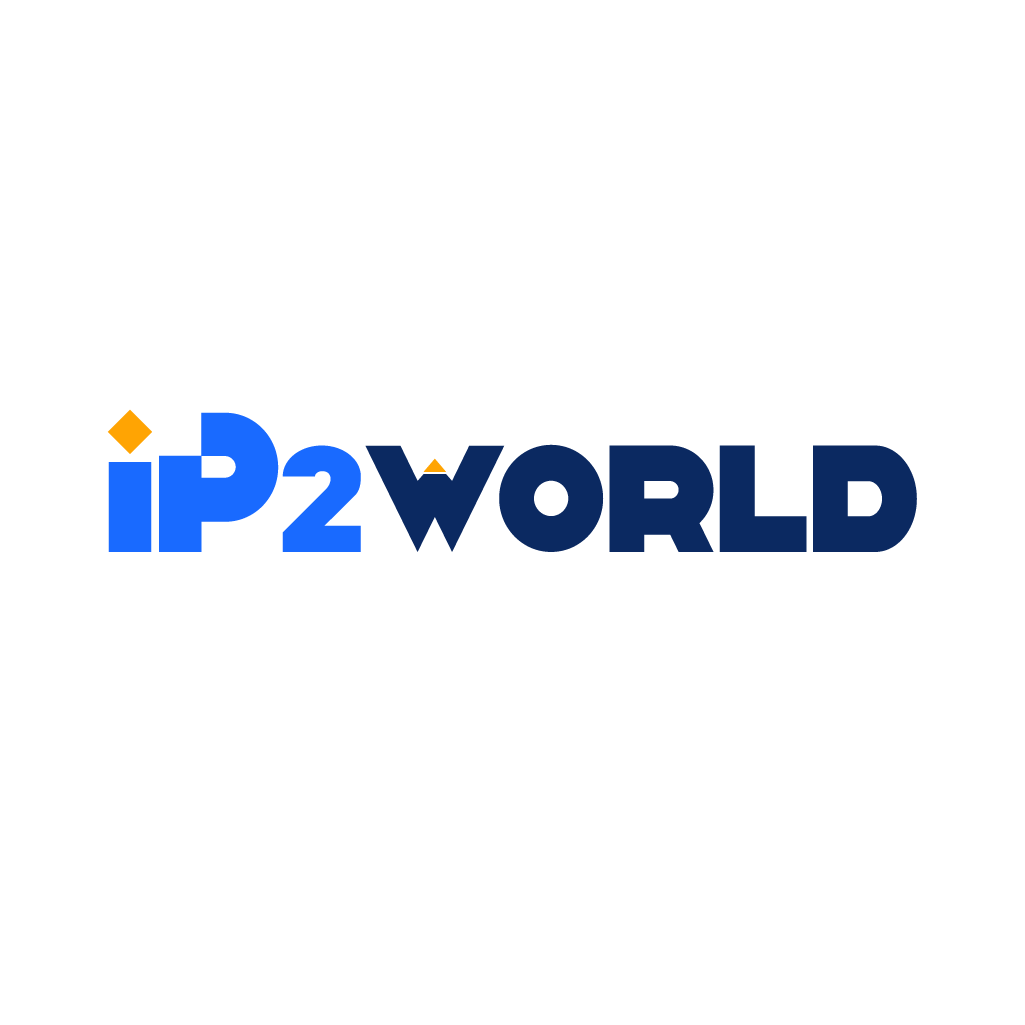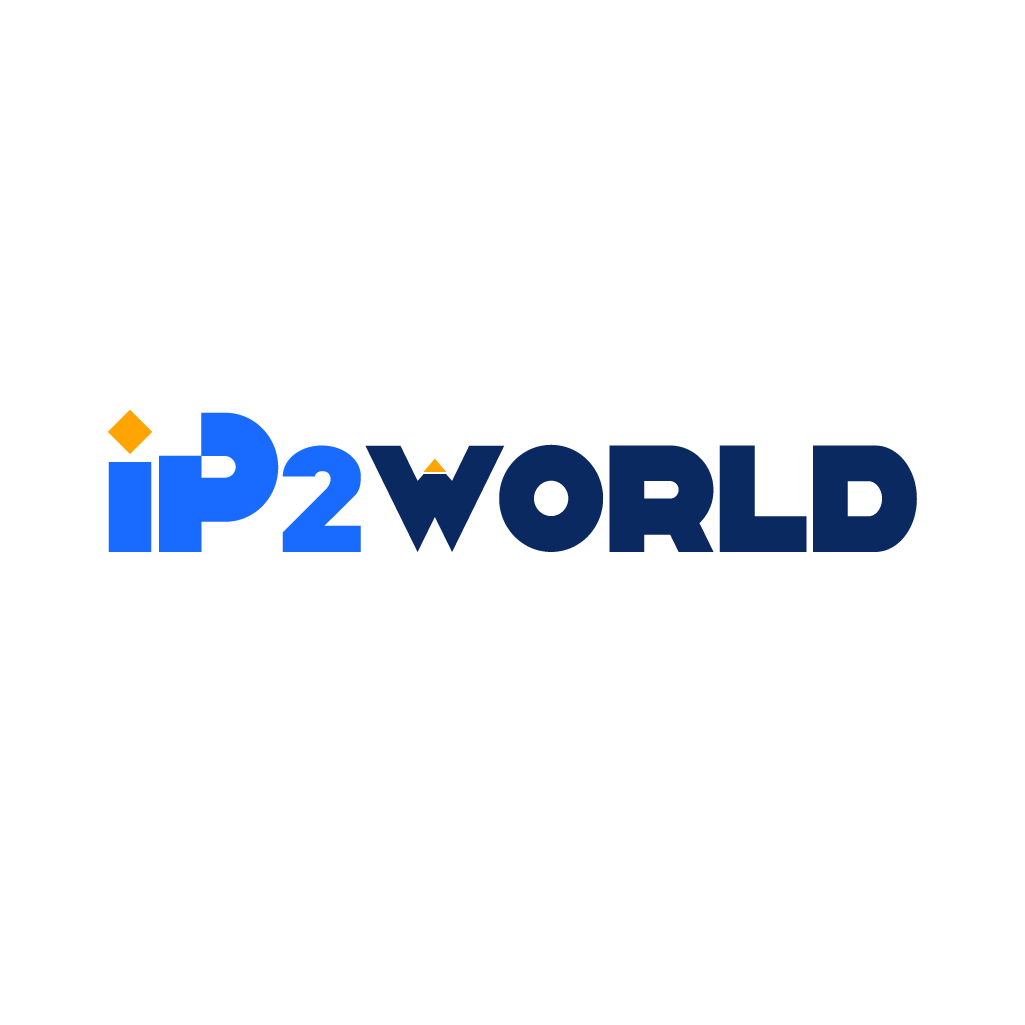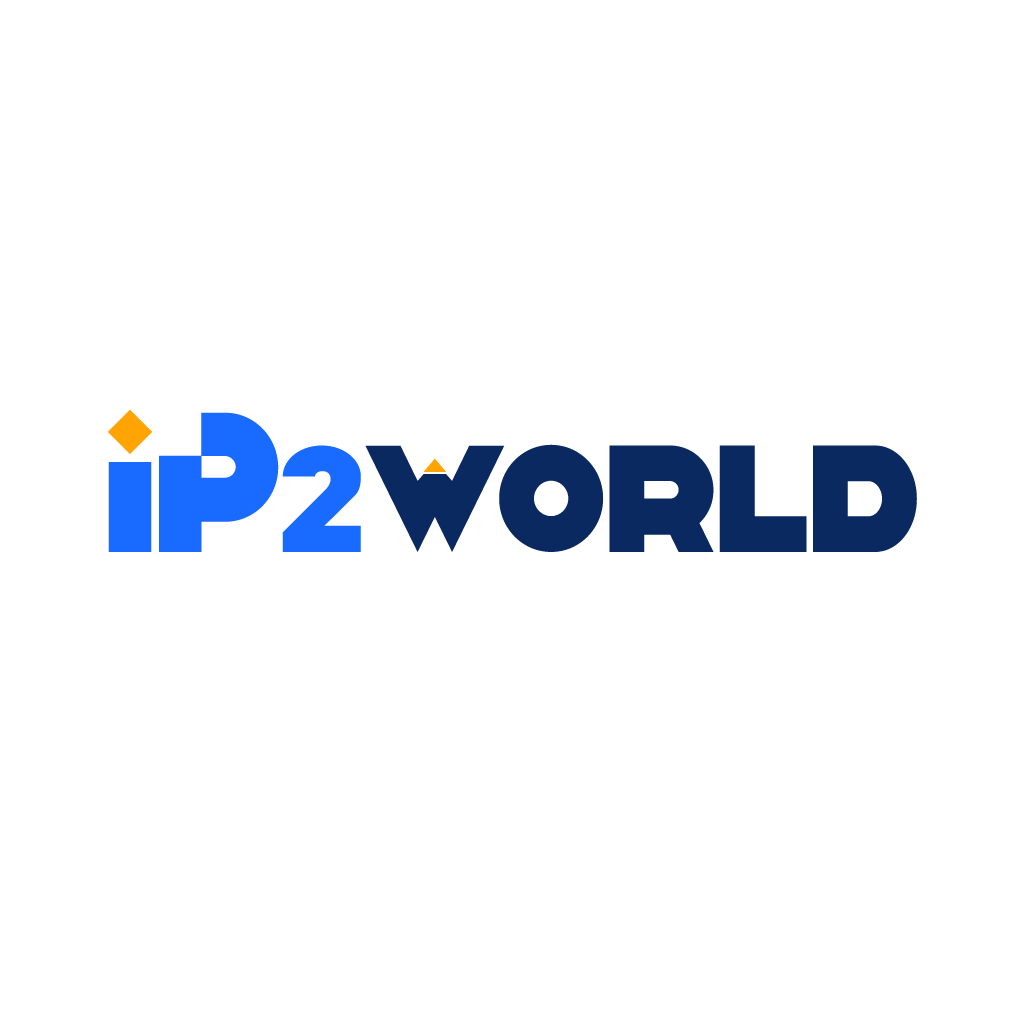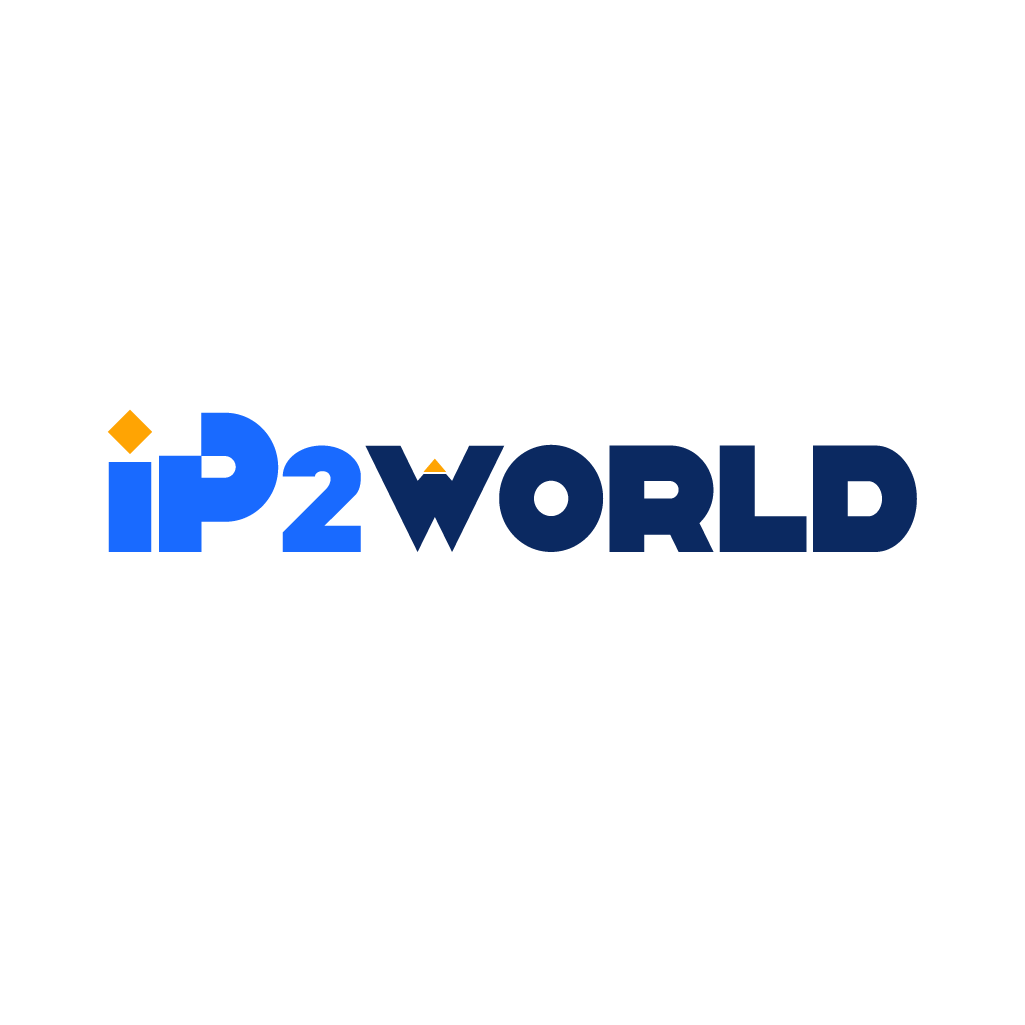I. Introduction to Proxy Servers in Cyber Security A. The Essence of Proxy ServersProxy servers stand as intermediaries, bridging the gap between a user's computer and the vast expanse of the internet. These servers perform a critical role – they receive user requests, dispatch them to web servers, and channel the responses back. This act of intermediation is more than just a facilitator of communication; it's a cornerstone of modern cybersecurity strategies. Proxy servers are diverse in form and function. They range from simple web proxies, enhancing anonymous browsing, to advanced configurations offering extensive security features. Their roles include speeding up web access by caching frequently visited pages and acting as shields by filtering potentially harmful content. B. The Crucial Role of Proxy Servers in Modern CybersecurityIn the cyber-secure world we navigate today, proxy servers are indispensable. They transcend their basic functions of enabling anonymity and bypassing geo-restrictions; they are integral to the layered defense against evolving cyber threats. These servers serve as a protective buffer, scanning and filtering incoming data for threats, thus shielding the user's system from harmful content. By concealing the user's actual IP address, they make it challenging for attackers to target specific devices or networks. In an age marked by data breaches and digital espionage, the role of proxy servers in safeguarding digital integrity cannot be overstated. II. Delving Deeper: Proxy Servers in Cybersecurity A. Understanding Proxy Servers in Network SecurityAt its core, a proxy server in network security is a gateway that offers a blend of functionality, security, and privacy. As users navigate the internet, their requests pass through the proxy server, which processes and relays these requests to their destinations. The responses, too, are funneled back to the users through this intermediary. A proxy server in this context serves as a checkpoint that controls and filters web traffic. It enforces security policies, logs internet activities for audit purposes, and caches data for quicker access during subsequent requests. B. Safeguarding Internet Privacy and Data with Proxy ServersProxy servers are at the forefront of preserving internet privacy and data. They effectively mask a user's IP address, making it arduous for external entities to track or surveil online activities. This is particularly critical for businesses dealing with confidential data, providing an added layer of defense against digital spying. These servers also play a pivotal role in encrypting data transmissions, thus safeguarding the privacy and integrity of sensitive information communicated over the internet. III. Exploring the Key Security Features of Proxy Servers A. IP Address Masking and Anonymity1. Protection of User Identities: Proxy servers maintain user anonymity by concealing their actual IP addresses. When connected through a proxy, the user's internet presence is represented by the proxy's IP address, thus keeping their real location and identity hidden. 2. Essential Scenarios for IP Masking: IP masking is vital in various situations - it is a shield for journalists and activists in oppressive regimes, a defense mechanism for businesses against corporate espionage, and a privacy tool for individuals aiming to evade tracking by advertisers and cyber attackers. B. Web Traffic Encryption1. Encryption in Data Transmission: Proxy servers significantly contribute to encrypting data flow between users and the internet. This encryption forms a protective barrier, preventing unauthorized interception and reading of the data. 2. Encryption-enabled Proxy Types: Among proxies, HTTPS and SOCKS stand out for offering encryption. HTTPS proxies secure web requests and responses, ensuring private browsing, while SOCKS proxies are more versatile, handling different types of traffic with enhanced security. C. Content Filtering and Malware Protection1. Role in Filtering Harmful Content: Proxy servers are used to sift through web content, blocking access to malicious sites and preventing malware downloads. They also filter undesirable content, like intrusive ads or explicit materials. 2. Proxies as a Cyber Defense Line: Acting as a frontline defense against cyber threats, proxy servers create a safeguard between users and potential internet dangers. They are configured to detect and block threats before they infiltrate the user's network, significantly reducing malware infection and data breach risks. IV. Types of Proxy Servers in Security Context A. Forward and Reverse Proxy Servers1. Forward Proxy Servers: - Role: A forward proxy server acts as an intermediary for client requests seeking resources from other servers. It is primarily used within internal networks to control and monitor internet traffic from those networks to the internet. - Security Implications: Forward proxies play a pivotal role in enhancing security by filtering content, preventing direct access to harmful websites, and performing deep packet inspections. They are also crucial in maintaining anonymity, reducing the risk of direct attacks on client machines. 2. Reverse Proxy Servers: - Role: Reverse proxies, in contrast, represent the web servers in interactions. They receive requests directed at these servers, process them, and then forward them to the appropriate server. - Security Implications: Reverse proxies are key in defending against external threats, as they can obfuscate the backend servers' IP addresses and distribute load to prevent server overloads and potential DDoS attacks. B. Types of Proxy Servers Based on Anonymity1. Anonymous Proxies: These proxies hide the user's IP address and do not disclose their identity as proxies to the destination server. They are used for anonymous browsing and to circumvent geo-restrictions. 2. Transparent Proxies: Transparent proxies do not hide the user’s IP address nor do they offer anonymity. They are often used for content filtering and traffic monitoring within corporate or educational networks. 3. High Anonymity Proxies: These proxies take anonymity a step further by frequently changing the IP address they present to the web servers, making it even more difficult to trace back to the original user. C. Specialized Protocol Proxies for Enhanced Security1. HTTP Proxies: These are designed for web browsing. HTTP proxies intercept HTTP requests and can modify them before forwarding, adding a layer of security or anonymity. 2. HTTPS Proxies: Similar to HTTP proxies but for secure sites. They encrypt web requests and responses, ensuring secure and private browsing. 3. SOCKS Proxies: More versatile than HTTP/HTTPS proxies, SOCKS can handle any type of traffic. They are often used in scenarios where general server requests need to be routed through a proxy, such as in P2P networks. V. Proxy Servers in Corporate Security Strategy A. Implementation in Business EnvironmentsProxy servers are integral in corporate environments for both security and network efficiency. They act as gatekeepers, filtering out unwanted content, reducing the load on the network by caching frequently accessed resources, and protecting internal networks from external threats. B. Case Studies: Proxies in Preventing Cyber ThreatsSeveral businesses have leveraged proxy servers to avert potential data breaches and cyber attacks. For instance, a financial institution might use a reverse proxy to protect its internal network from direct exposure to the internet, thus thwarting attempted breaches. C. Compliance with Data Protection RegulationsProxy servers can aid businesses in complying with data protection laws and regulations like GDPR or HIPAA. By filtering and monitoring data traffic, proxies can prevent unauthorized data access and leaks, ensuring compliance with stringent data protection standards. VI. Risks and Challenges with Proxy Servers A. Potential VulnerabilitiesWhile proxy servers offer numerous security benefits, they are not without vulnerabilities. Incorrect configurations or outdated software can turn them into security liabilities, potentially exposing the network to various cyber threats. B. Concerns with Data LoggingOne of the concerns with using third-party proxy services is data logging. Users must be cautious about the data retention policies of proxy service providers, as sensitive data passing through the proxy could be logged and potentially misused. C. Mitigating Proxy-Related RisksTo mitigate risks associated with proxy servers, businesses should adopt a multi-layered security approach. This includes regularly updating proxy server software, employing robust encryption methods, and conducting periodic security audits to identify and rectify vulnerabilities. Additionally, choosing reputable proxy service providers with clear data privacy policies is crucial in ensuring data security and privacy. VII. Proxy Servers vs. VPNs: A Comparative Analysis A. Understanding the Differences and Similarities1. Functionality: - Proxy servers mainly act as intermediaries for specific web requests, while VPNs (Virtual Private Networks) create a secure and encrypted tunnel for all internet traffic.2. Security: - VPNs typically offer more comprehensive security features, including end-to-end encryption for all data transmitted, unlike most proxy servers.3. Anonymity: - Both proxies and VPNs provide anonymity but in varying degrees. Proxies mask IP addresses for web requests, while VPNs do this for all online activities.4. Use Cases: - Proxies are often used for specific tasks like bypassing geo-restrictions or filtering content, whereas VPNs are more suited for overall privacy and security. B. When to Use a Proxy Server Versus a VPN for Security- Use a Proxy Server: For quick and specific tasks requiring anonymity, such as accessing geo-blocked content or specific site filtering.- Use a VPN: For comprehensive security and privacy, especially when using public Wi-Fi networks or for safeguarding sensitive personal or business data. VIII. Best Practices for Secure Proxy Server Implementation A. Guidelines for Setting Up a Secure Proxy Server1. Choose the Right Type: Based on your security needs, choose between an anonymous, transparent, or high anonymity proxy.2. Configure Correctly: Ensure proper configuration to avoid leaks. Implement strong authentication methods and access controls.3. Update Regularly: Keep your proxy server software updated to protect against the latest vulnerabilities. B. Tips for Maintaining and Monitoring Proxy Server Security- Regular Audits: Conduct periodic security audits to identify and fix potential vulnerabilities.- Monitor Traffic: Keep an eye on traffic patterns to identify any unusual activity that could indicate a security breach.- Educate Users: Train users in the correct use of proxy servers to prevent security lapses. IX. The Future of Proxy Servers in Cybersecurity A. Emerging Trends and Technologies in Proxy Server Security1. Integration with AI and ML: Advanced proxy servers are beginning to incorporate AI and machine learning for better threat detection and response.2. Cloud-Based Proxies: The rise of cloud computing has led to the development of cloud-based proxy services offering more scalability and flexibility.3. Enhanced Encryption Technologies: New encryption methods are being developed to provide even stronger security for proxy-served data. B. The Evolving Role of Proxy Servers in the Face of New Cyber Threats- As cyber threats evolve, proxy servers are also adapting, becoming more sophisticated in filtering content, detecting malware, and providing comprehensive security solutions in conjunction with other cybersecurity tools. X. Conclusion Reiterating the Importance of Proxy Servers in Cybersecurity- Proxy servers play an indispensable role in modern cybersecurity. They are key in protecting user anonymity, securing data transmission, and acting as a first line of defense against various cyber threats. Encouragement for Informed and Secure Use of Proxy Technology- The effective use of proxy servers is a crucial aspect of cybersecurity strategies. Users and organizations are encouraged to stay informed about the latest proxy server technologies and best practices, ensuring their digital activities are secure and private in an increasingly interconnected world.
2023-11-22





